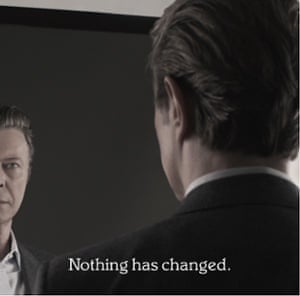So Kino/Loder decides to release the cult noir/detective 1972 film Hickey and Boggs this past week to BluRay aaaaand…could their timing be any worse?
After all, the film stars Robert Culp and….Bill Cosby. Yup. That Bill Cosby.
I ordered the film when its release was first announced several months ago, before the current Bill Cosby media blow up. I guess if this film was in the planning stages for release at this moment, the studios would have scuttled it completely. Which I suppose means fans of the film should be happy it was released at all.
Now, I happen to be a big fan of good film noir/detective dramas. I’m also a very big fan of the early works of Walter Hill, the movie’s screenwriter. I might have seen Hickey and Boggs many years ago. Maybe not the whole thing, perhaps no more than a scene or two, and I remembered next to nothing about it. Still, I had to get it, if only for Mr. Hill’s contribution.
I’m glad I did.
Having said that, let me address the obvious: Yes, it is uncomfortable to watch Bill Cosby, even this very young Bill Cosby, given the current stories surrounding his alleged behavior. I know there are those who refuse to see any films, past or present, featuring Mel Gibson because of his well documented meltdowns and bizarre behavior. The same will most certainly be the case with Mr. Cosby.
Having said that, if you can divorce artist from art, which is what I had to do, you will probably love the hell out of Hickey and Boggs.
The film’s story involves the two very much down on their luck private detectives (Culp, who also directed this film, and Crosby) and what happens to them after they are hired to find a woman. The man hiring them is sleazy but in the case of the two detectives, beggars can’t be choosers. Hickey and Boggs follow their sleazy client’s list of associates the woman might have ties with and sink deeper and deeper into an increasingly violent hole that, in the end, involves much more than a simple missing woman.
The rapport between Culp and Crosby, who had starred together from 1965 to 1968 in the popular I Spy detective show, is what makes this movie hum. The two act and talk as if they have known each other for a long time (which by that point they had in real life) and their on screen relationship is easygoing and natural…just as their character lives are a disaster.
Taking on this particular case eventually puts them in the bullseye of both hired thugs and the police while tempting them to find a missing stash of money.
As I mentioned before, I enjoyed the hell out of this film and would easily put it up there with some of my favorite noir/detective dramas. The action is good, the plot interesting, and Culp and Crosby are fascinating to watch as they warily pace the streets of a not so-sparkling L.A.
If you can forget for a moment the terrible stories associated with Bill Cosby and give Hickey and Boggs a try, you will not be disappointed. If you can’t ignore the stories surrounding Mr. Cosby and find it difficult to separate the artist from his art, then you best stay away.

